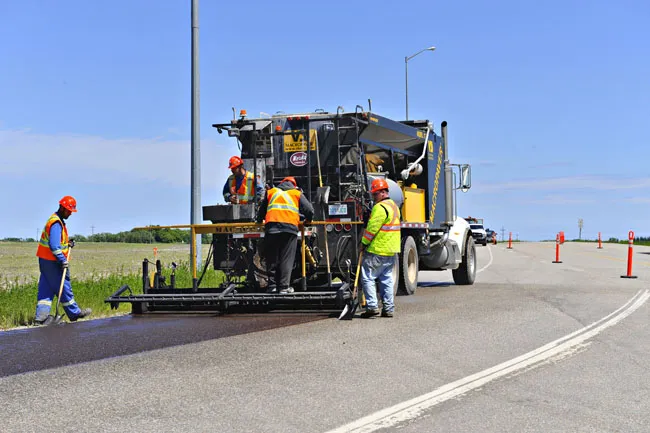The Members of the European Parliament have now approved the regulation on the approval of two- and three wheelers. This included a number of amendments which have been welcomed by motorcyclists as a compromise. The regulation is setting new rules and technical requirements for manufacturers who sell motorcycles in the
This move follows two years of discussions and the European Parliament has approved the regulation on the approval and market surveillance of two- or three-wheel vehicles and quadricycles. As from 2016 member states of the EU will no longer have the option to restrict the maximum power output of motorcycles to 74 kW. New motorcycles with an engine capacity exceeding 125cm³will have to be equipped with anti-lock braking systems (ABS) while light motorcycles with capacities of 51-125cm³ will have to have at least combined braking systems (CBS). Measures to prevent tampering of the powertrain are going to be installed on all new powered two wheelers with a performance of up to 35kW. The riders organisations represented by
Emissions limits for motorcycles will become stricter in two stages. FEMA had called for high durability requirements to guarantee that emissions remain on a low level throughout the lifetime of the vehicle. The European Parliament has now decided that manufacturers will need to prove the durability of pollution control devices when driven for at least 35,000km. In order to increase competition and to help especially small and independent workshops manufacturers will have to provide easy and unrestricted access to maintenance and repair information for their products. At the same time access ports to on-board diagnostic systems, whose installation will also be required as from 2016 for new motorcycles, are going to be standardised.
Contractors worried about public procurement practice in Poland. "We have never ever heard such outspoken criticism about procurement practice and contracting authorities in a single country by so many contractors from so many different enterprises and countries" says Ulrich Paetzold, Director General of FIEC, the
Contractors active in public works contracts in Poland are profoundly worried about the severe deterioration of public procurement rules and practice over the last years. In fact, for some time already, various changes of both the Public Procurement Law and the internationally recognised FIDIC contract conditions have led to a situation which is being considered as grossly unfair, counter-productive and unacceptable by the contractors.
The combination of poorly prepared tenders, a generally unfair attitude towards contractors and the non-respect of contractual obligations by public clients not only raises the question of professionalism on the demand side but also leads to a number of concerns regarding Internal Market issues, such as lack of transparency and proportionality, as well as discrimination and freedom to provide services. If this development cannot be stopped and reversed, then there is real danger that this inefficiency in spending European funds, will lead the EU to reviewing its funding and lending policies which have provided Poland with almost 68 billion € in the current period and which are in legislative procedures at this very moment.
FIEC and EIC, with its partners in Poland, would like to contribute constructively to avoiding a further deterioration of the situation which would have dramatic consequences not only for Polish contractors, but also for Poland as such, a country whose achievements in the European Union so far have to be applauded.
It is also interesting to note that currently at least 2 billion € are "blocked" by litigation in front of Polish courts and that this amount is rapidly increasing.








